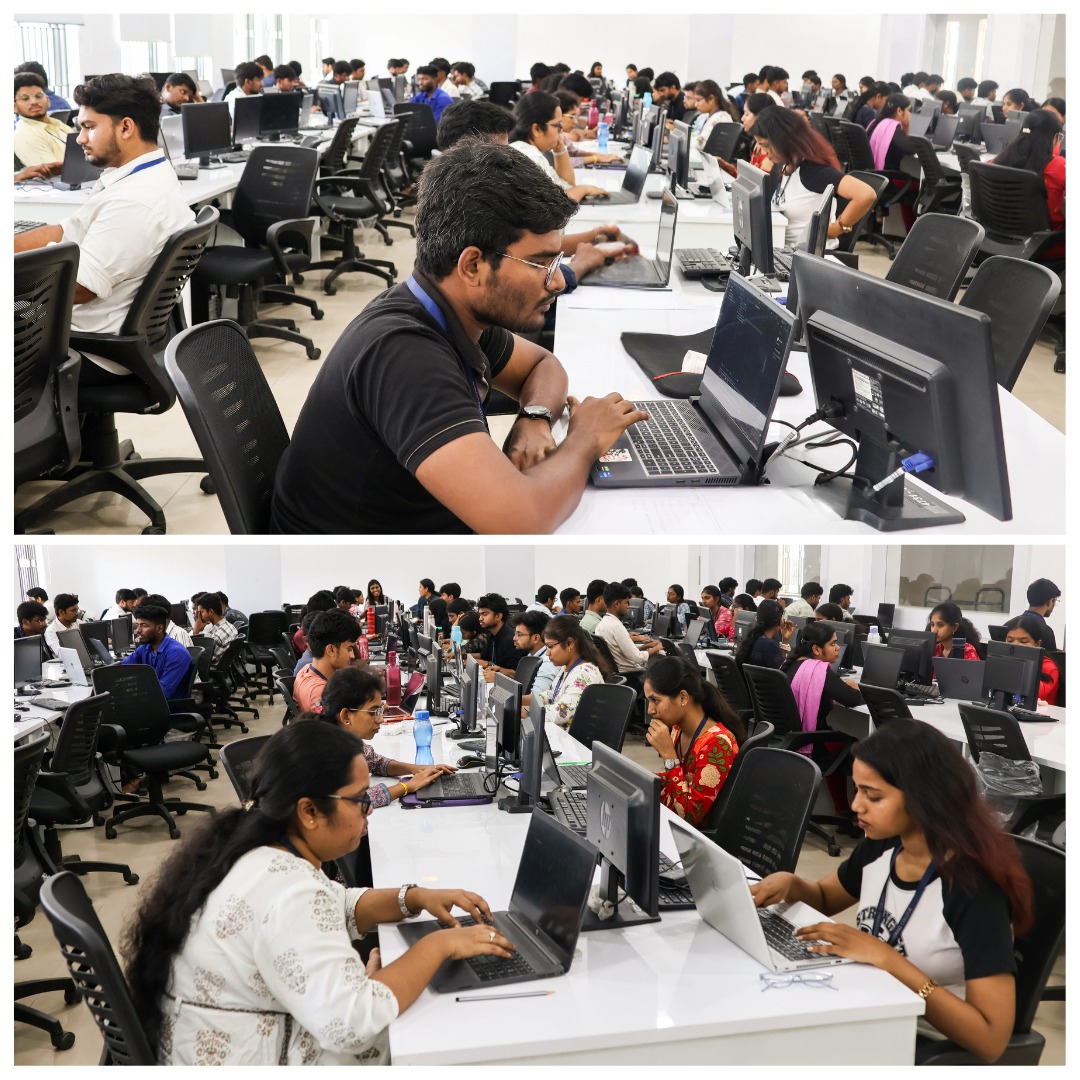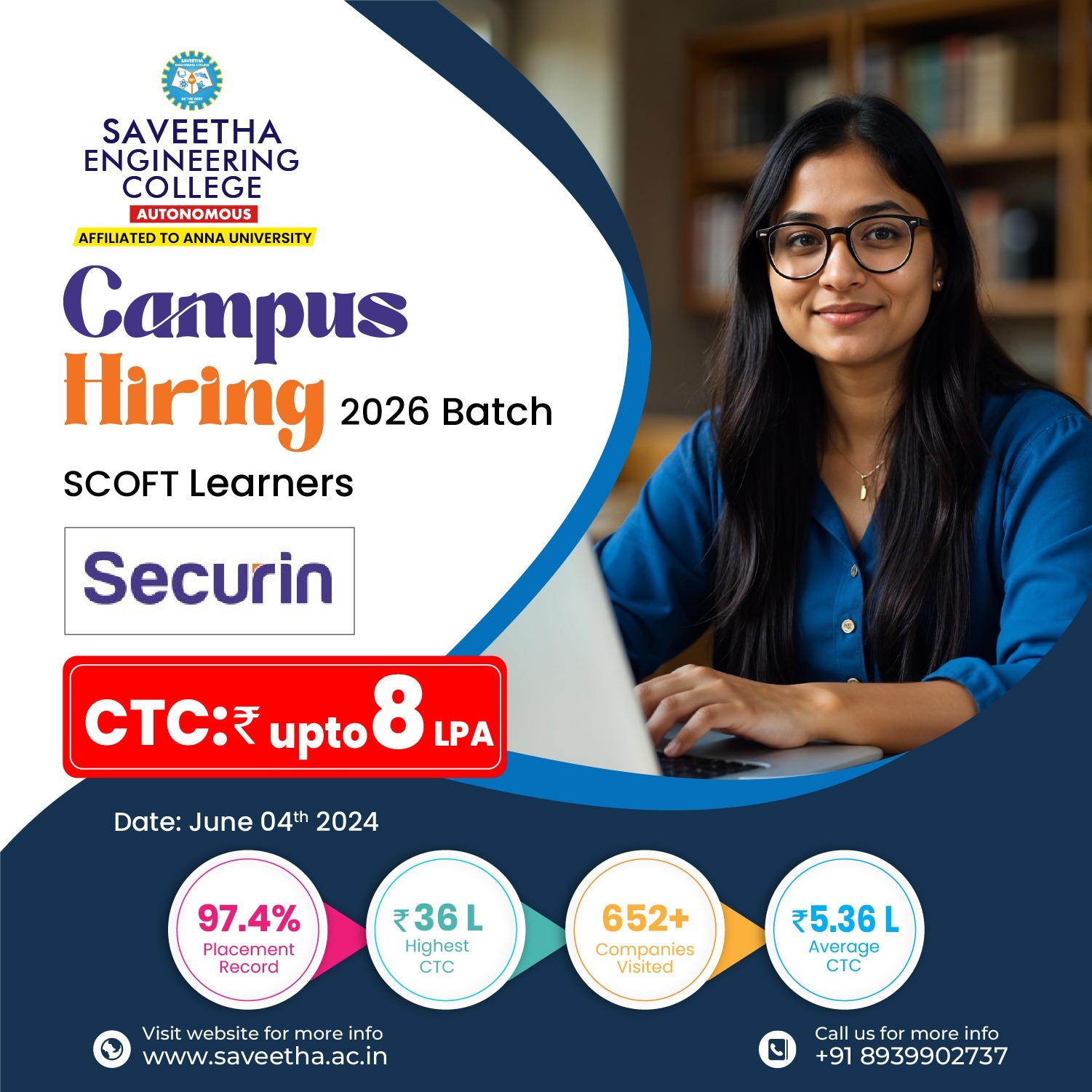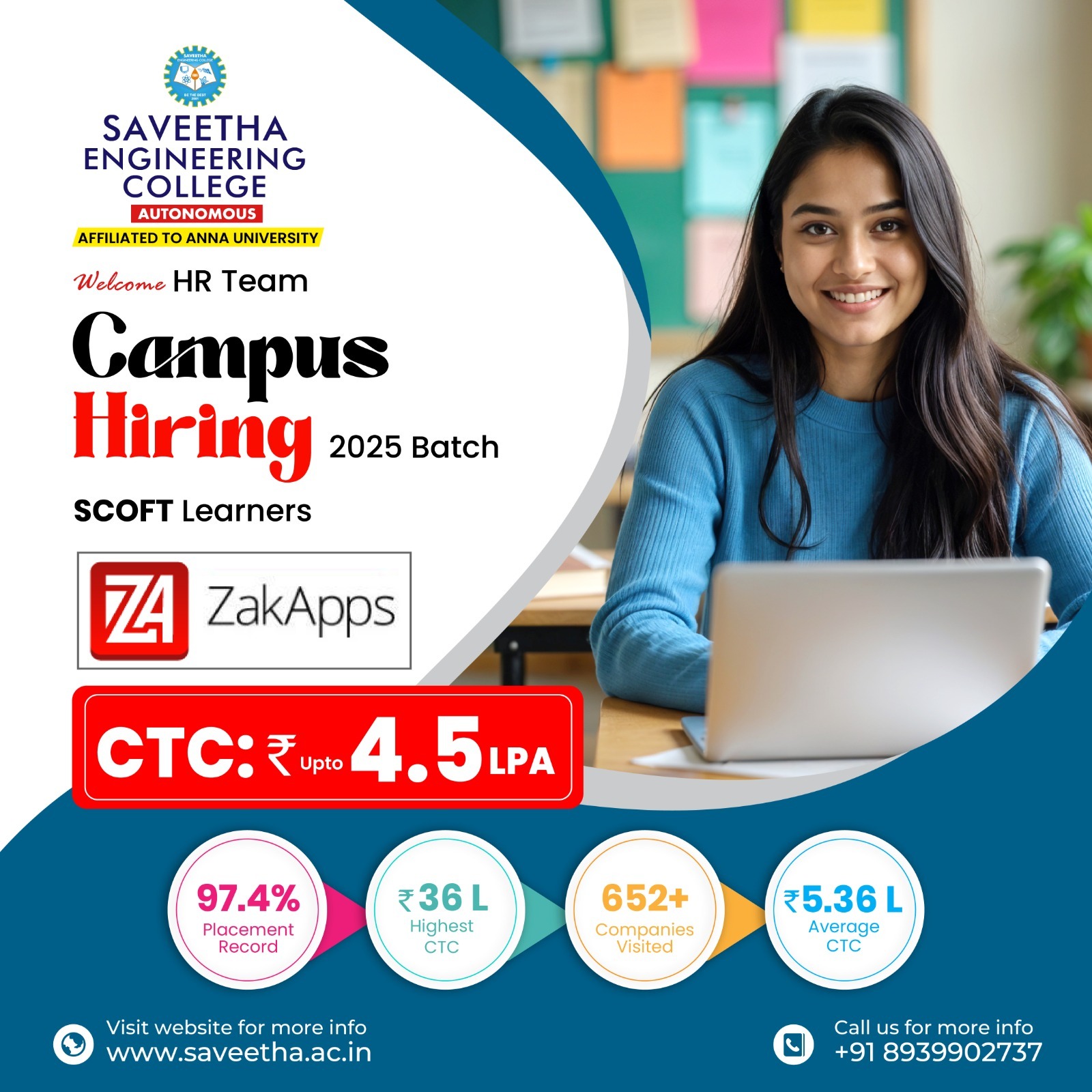About the Department
The Information Technology department was established, during the Academic Year 2001-2002, with an intake of 60 students. Department Objective : We, Department of IT aspire to establish a system of Quality Assurance, which would on a continuous basis, evaluate and monitor the quality of education and training imparted at the Institute; improve the teaching-learning process and ultimately, develop the Department of Information Technology as a Centre of Excellence. The 'Department of Placement and Training' was organized with the very First batch of our Students, moving into their Third year of Studies, in 2005. While conceptualizing, formulating and establishing the Department, 'Creation of Excellent Career Path ways' for Student Community, either 'through Placement or Guidance for Entrepreneurship or through Higher Studies' was taken as the 'Ultimate Objective'. Each year, many of our students are placed in reputed organizations like TCS, Infosys, L & T Infotech, Syntel, US technologies, iGate Global Solutions Ltd., iFlex and Satyam Computers.
Key Features
Cutting-Edge Curriculum: Offers a future-focused curriculum emphasizing enterprise IT systems, scalable cloud solutions, and agile methodologies tailored for contemporary technological needs.
User-Centric Design Excellence: Equips students to design intuitive, efficient IT solutions that enhance user experience and satisfaction.
Data-Driven Decision-Making: Provides in-depth training in data analytics, visualization, and IT frameworks to derive actionable insights for business and technology.
Integration of Emerging Technologies: Combines IT expertise with advancements in IoT, Blockchain, and edge computing to solve complex, real-world challenges.
Real-World Project Exposure: Encourages hands-on experience through industry-aligned projects addressing emerging market demands.
Global Competency: Offers exposure to international IT standards and frameworks, ensuring students are equipped to succeed in a globalized tech industry.
IT Governance and Compliance: Focuses on risk management, regulatory compliance, and IT policy formulation to ensure secure and efficient IT operations.
Digital Transformation Expertise: Trains students in key areas such as cloud migration, IT automation, and enterprise resource planning for the digital era.
Alignment with Industry 4.0: Develops professionals skilled in smart technologies and automation, driving the growth of intelligent industries.
Comprehensive Full-Stack Development: Provides hands-on training in designing and implementing robust front-end and back-end IT systems.
Strategic Problem-Solving Abilities: Cultivates innovative thinking to design IT solutions that address critical enterprise challenges effectively.
Collaborative and Interdisciplinary Learning: Encourages teamwork and cross-disciplinary collaboration to tackle IT-focused projects innovatively.
Entrepreneurial Ecosystem: Offers mentorship and resources for students to launch IT startups and innovative ventures, fostering a spirit of entrepreneurship.
Industry and Community Engagement: Actively involves students in IT forums, technology conferences, and industry collaborations to enhance learning and networking.
Commitment to Lifelong Learning: Instills adaptive IT skills, preparing students to thrive in an ever-evolving technological landscape.
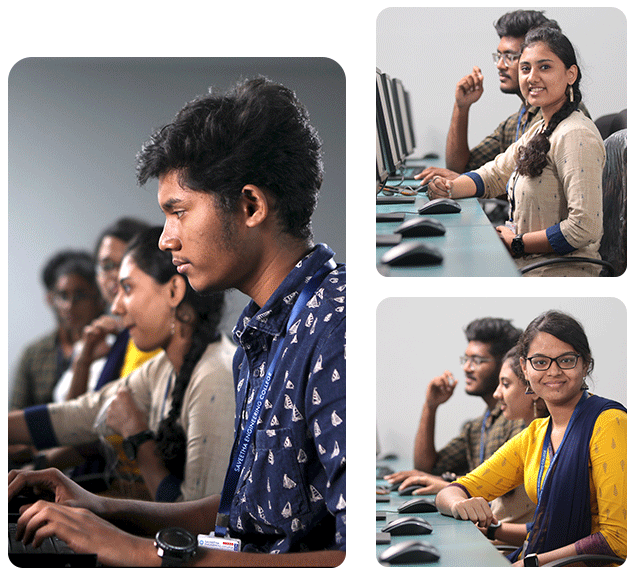
Placement Data

Centre of Excellence
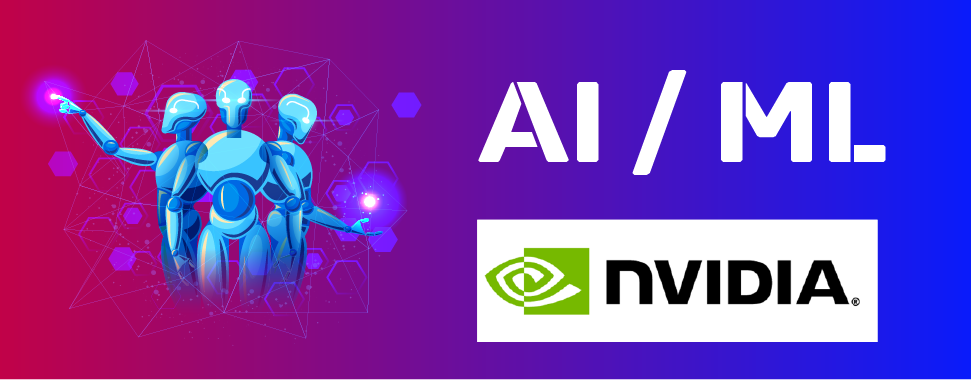
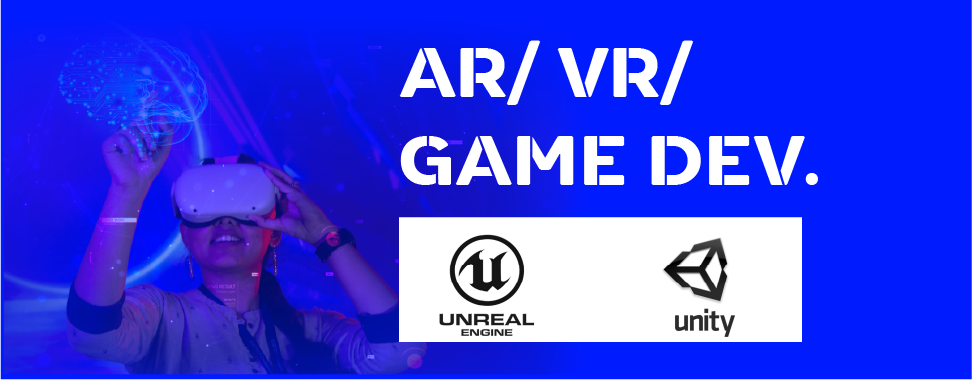
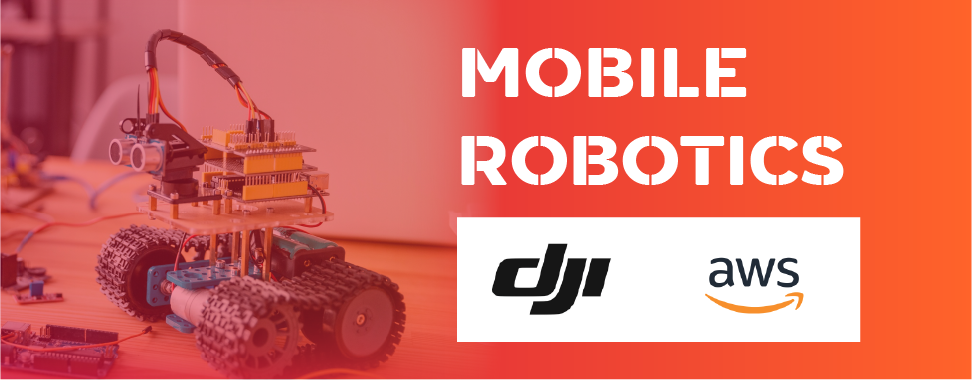
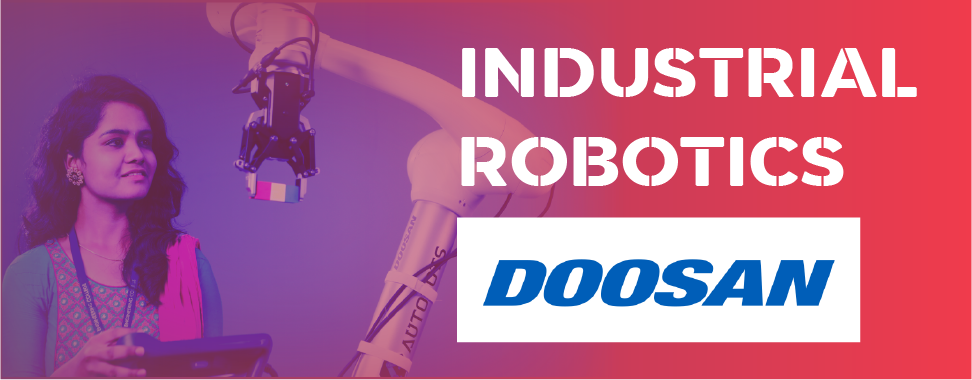
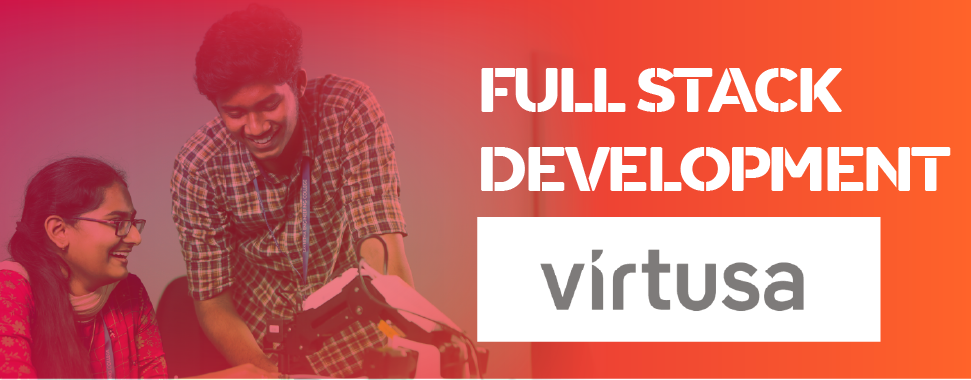
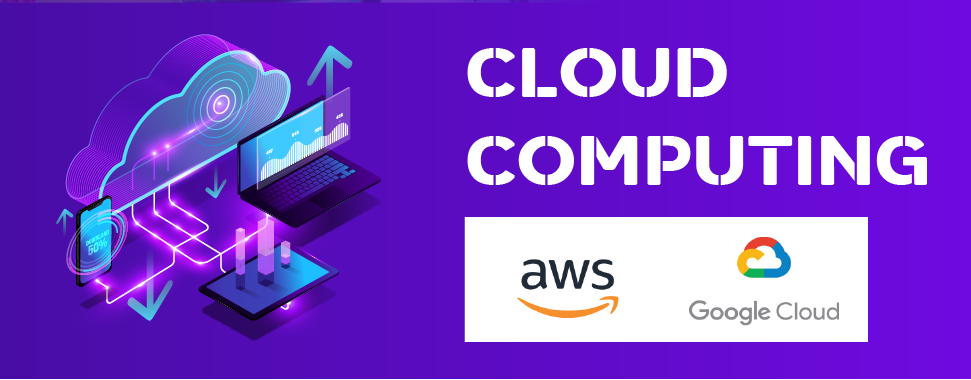
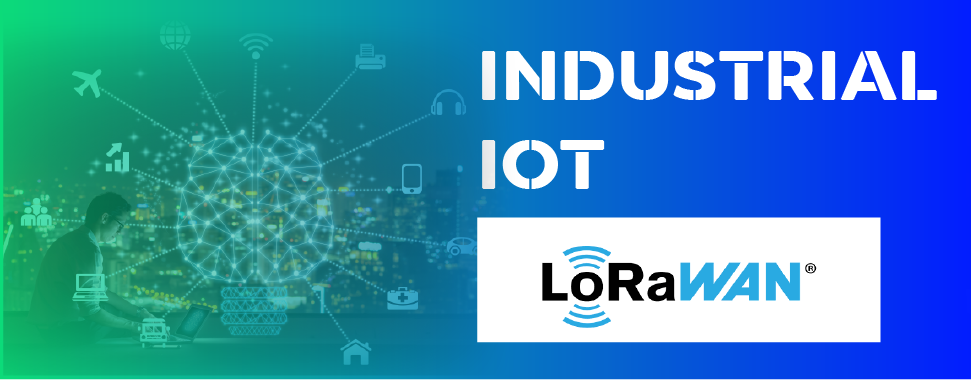
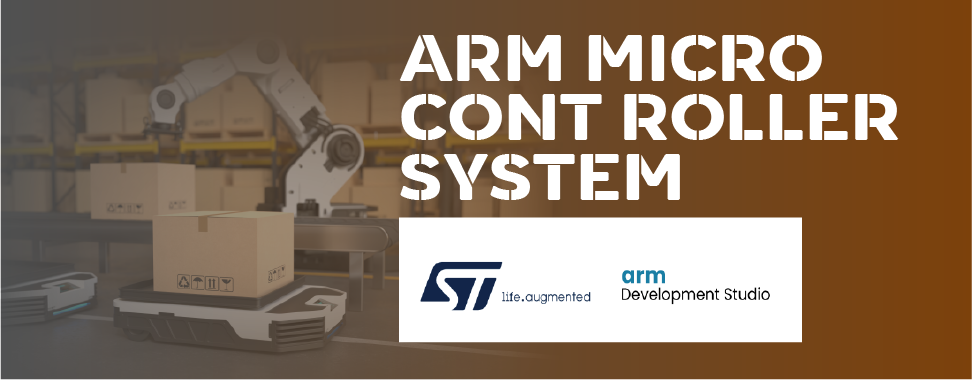
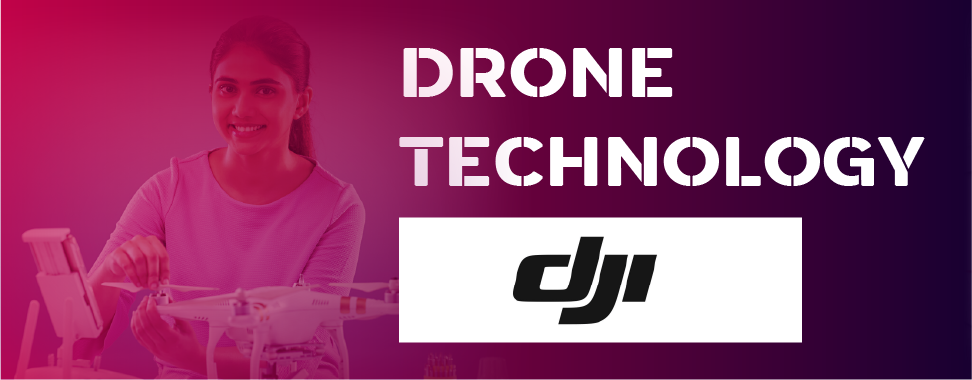


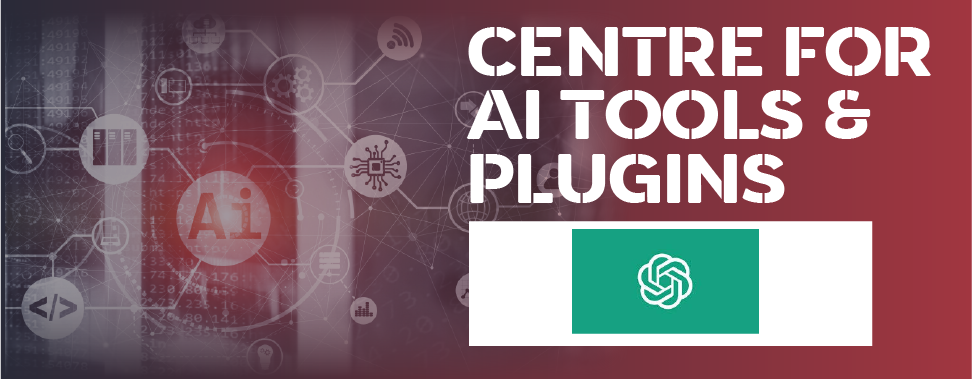
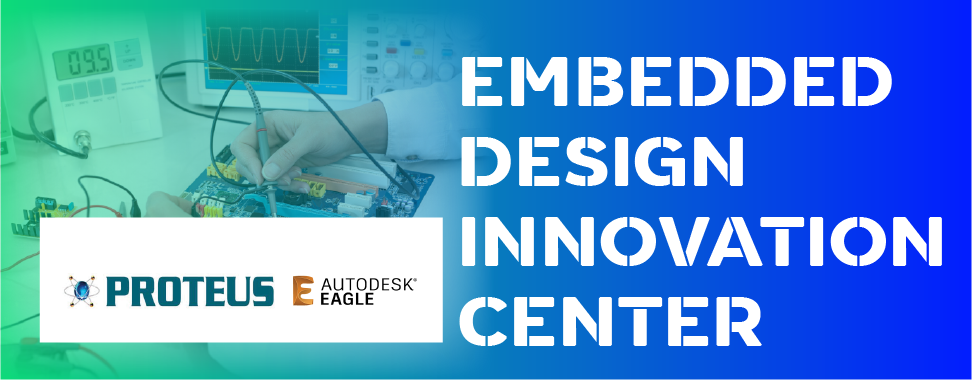

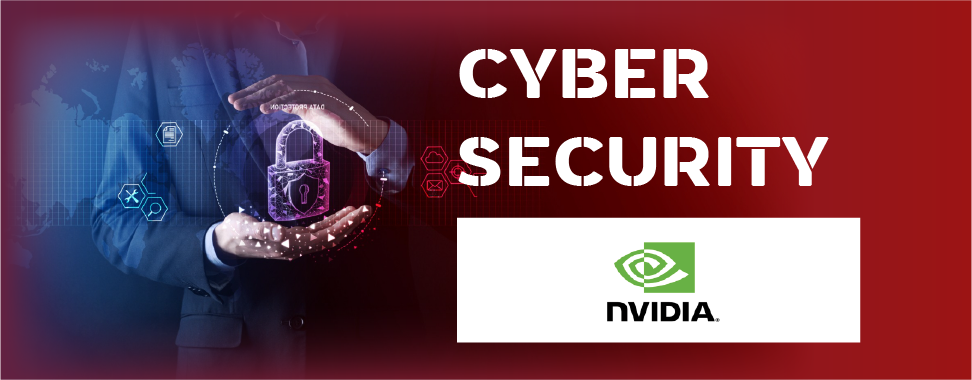
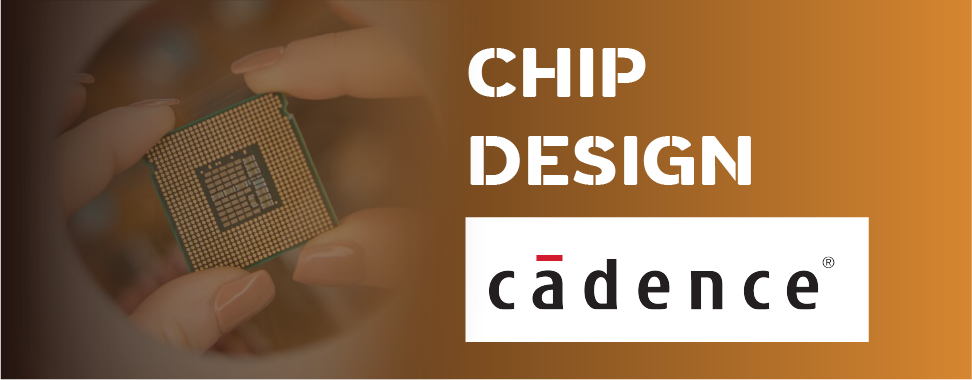
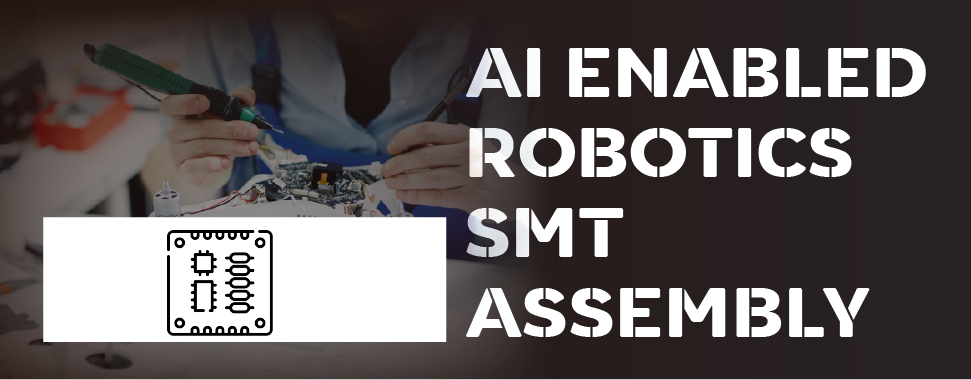
Eminent Alumni
News and Events
🌍 International Internship Secured | Japan
🎉 Celebrating Akshara C (IT, Third Year) for securing a prestigious international internship at Mitsubishi FUSO, Japan, with a stipend
🎊 SEC Transforms Learners into Industry Leaders!
🌟 Saveetha Engineering College celebrates the achievement of Dinesh Kumaraa K (IT – Final Year) for securing a placement at
🛡️ Shaping Cyber Experts at SEC with Securin
💼 SEC (Autonomous) proudly conducted the “Securin Placement Drive” for the SCOFT 2026 Batch! This drive featured Assessment Tests and
Securin Powers Tech Dreams at SEC!
🎉 Saveetha Engineering College (Autonomous) is happy to welcome “Securin” for the SCOFT 2026 Batch Campus Hiring Drive! 💼 💫 Securin is
Proudly welcomes “ZakApps” for the SCOFT 2025 Batch Campus Hiring Drive! 💼
💫 A leader in the Retail, Digital Media, and Advertisement Industry—ZakApps is where innovation meets impact. Learners, seize this golden
🌟 Gear up for a bright future! Saveetha Engineering College (Autonomous) proudly welcomes “Kyndryl”
For the SCOFT & ECE ’25 Batch Campus Hiring Drive! 🚀 Kyndryl is a leader in providing digital excellence by
VISION
Department of Information Technology will impart futuristic technical education and instil high patterns of discipline through our dedicated staff, who shall set global standards, making our students technologically superior and ethically strong.
MISSION
Our mission is to educate students, so that they become enlightened individuals, improving the living standards of their families, industry and society through Information Technology. We will provide individual attention, world-class quality education and take care of character building.
PROGRAMME EDUCATIONAL OBJECTIVES (PEOs)
- To ensure graduates will be proficient in utilising the fundamental knowledge of basic sciences, mathematics and Information Technology for the applications relevant to various streams of Engineering and Technology.
- To enrich graduates with the core competencies necessary for applying knowledge of computers and telecommunications equipment to store, retrieve, transmit, manipulate and analyse data in the context of business enterprise.
- To enable graduates to think logically, pursue lifelong learning and will have the capacity to understand technical issues related to computing systems and to design optimal solutions.
- To enable graduates to develop hardware and software systems by understanding the importance of social, business and environmental needs in the human context.
- To enable graduates to gain employment in organisations and establish themselves as professionals by applying their technical skills to solve real-world problems and meet the diversified needs of industry, academia and research.
PROGRAMME OUTCOMES (POs)
- An ability to apply knowledge of mathematics, including discrete mathematics, probability, statistics, science, computer science and engineering, electronic engineering and electrical engineering as it applies to computer hardware and software.
- An ability to design and conduct experiments, as well as to organize, analyzes and interprets data to produce meaningful conclusions and recommendations.
- An ability to work individually or as a member with responsibility to function on multi-disciplinary teams.
- An ability to identify, formulates, and solves hardware and software computing problems, accounting for the interaction between hardware and software.
- An understanding of professional, legal, and ethical issues and responsibilities.
- An ability to communicate effectively in speech and in writing, including documentation of hardware and software systems. Able to show the understanding of impact of engineering solutions in a global on the society, economic, environmental.
- Demonstrate an ability to acquire new knowledge in the computing discipline and to engage in life-long learning.
- Knowledge of contemporary issues in the social sciences and the humanities using computational tools.
- An ability to use the techniques, skills, and modern engineering tools necessary for computer engineering practice.
- An ability to apply engineering and management knowledge and techniques to estimate time and resources needed to complete a computer engineering project.
- An ability to recognize the importance of professional development by pursuing postgraduate studies or face competitive examinations that offer challenging and rewarding careers in computing.
PROGRAMME SPECIFIC OUTCOMES (PSOs)
- To acquire knowledge to analyze, design and implement IT solutions to real-time Challenges using current technologies.
- To apply computational IT skills in Real world environment to enhance entrepreneurship and employability requirements.



